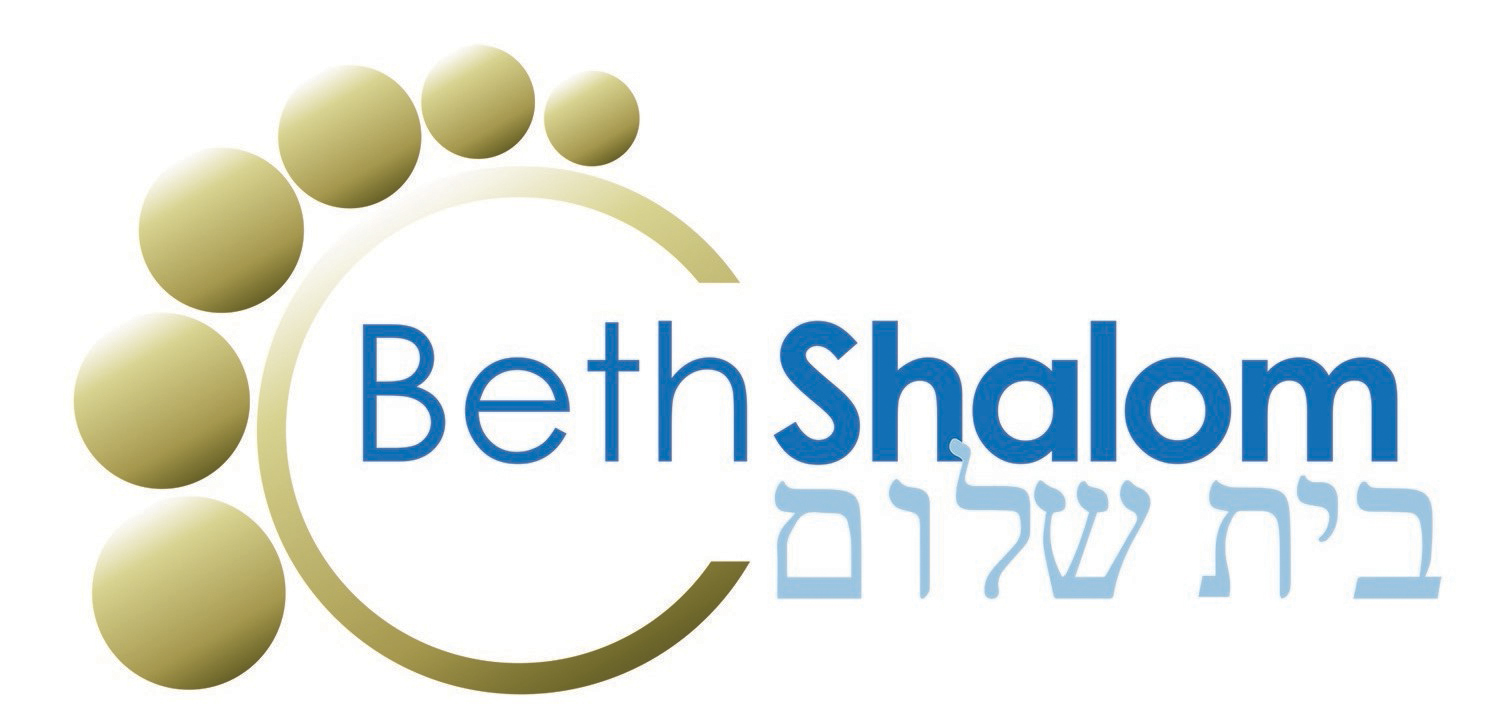What Is Shabbat HaHodesh? Originally Published April 5-6, 2019.
The last of four special Shabbatot before Passover, Shabbat Hahodesh falls on the Shabbat before the month of Nisan begins, or else - as this year - it falls on the first day of Nisan when that day is Shabbat. The special maftir aliyah reading comes from Shemot 12:1-20, from Parashat Bo, and it describes […]
A Cornucopia of Horns? Originally Published March 29-30, 2019.
Each year the ba’al toke’a (horn blower, בעל תוקע, sometimes called ba’al teki’ah, בעל תקיעה) takes out his/her shofar and begins practicing up for the High Holidays. The shofar is sounded during the entire month of Elul at the end of the weekday morning service (be there at minyan!) except on 29 Elul. The shofar […]
What Is a Bimah? Originally Published March 22-23, 2019.
A bimah (בִּימָה) is an elevated platform. Used in a synagogue it is, in church English, a pulpit. In modern Hebrew “bimah” also refers to a stage. In ancient and Orthodox churches, it is also used to refer to a pulpit (bema). It was also the term used in ancient Athens for a orator’s platform. […]
I Forget, Who Was Amalek? Originally Published March 15-16, 2019
This is Shabbat Zakhor, named after the first word of the snippet of Parashat Ki Tetse we read this week as the maftir aliyah. It recalls Amalek’s ambush of the tired people of Israel just after we crossed the Yam Suf, the Sea of Reeds. Attacking was a nasty thing to do, and as we […]
Why Does the Berakhah Mention One Candle When We Light More? Originally Published March 8-9, 2019
When we say a berakhah on the lighting of a candle, it is different from other berakhot. It is one blessing in which we do the deed first and say the berakhah afterwards. (We do this especially on Shabbat and holidays because the blessing is said to be what starts Shabbat or the holiday, not […]
What Is Shabbat Shekalim? Originally Published March 1-2, 2019.
Shekalim (שְׁקָלִים) is the fourth tractate in the order of Mo’ed, which deals with the annual half-shekel tax collected for the maintenance of the Temple and its services, and other attending appurtenances. A shekel is a unit of currency, having begun its life as a unit of weight of gold or silver. In the third […]
Why Were There So Many "S" Sounds at Grandpa's Funeral? Originally Published February 22-23, 2019.
Grandpa’s funeral was conducted with Ashkenazic Hebrew, and in this particular case (as your correspondent was there) was a certain variety of the Ashkenazic dialect, which prompted the other grandchild to ask about the “oy” sounds. Interestingly, Ashkenaz (אַשְׁכְּנַז) (Genesis 10:3 shows Ashkenaz as a descendant of Japheth, third son of Noah) is a designation […]
What Are the Solomon Schechter Awards? Originally Published February 15-16, 2019.
Rabbi Stephen Steindel mentioned the Solomon Schechter Awards the other day, so we may thank him for this week’s quest for information. Presented by the United Synagogue of Conservative Judaism (USCJ), of which Congregation Beth Shalom is a member in the Central District, the Solomon Schechter Awards recognize extraordinary achievement by congregations in various aspects […]
What Is a Sisterhood? Originally Published on February 8-9, 2019.
Sisterhoods as auxiliaries of synagogues have been around in the United States for more than 120 years. Both Sisterhoods and Brotherhoods (or Men’s Clubs) were formed as a way to keep folks engaged in synagogue life. The goal was to form a regular vehicle through which activities would be coordinated. The notion ran across the […]
Did I Go to Shul, Temple, or Synagogue? Or Was It Something Else? Originally Published February 1-2, 2019.
Of course our experience of our praying spaces is always “something else”! Used to be our assembly houses were known as exactly that - assembly houses, batei kenesset. They were also referred to, in more reverence, as kehillot kodesh, holy communities. The Greek word “synagogue” (συναγωγή) means “assembly,” and we have adopted that word […]
